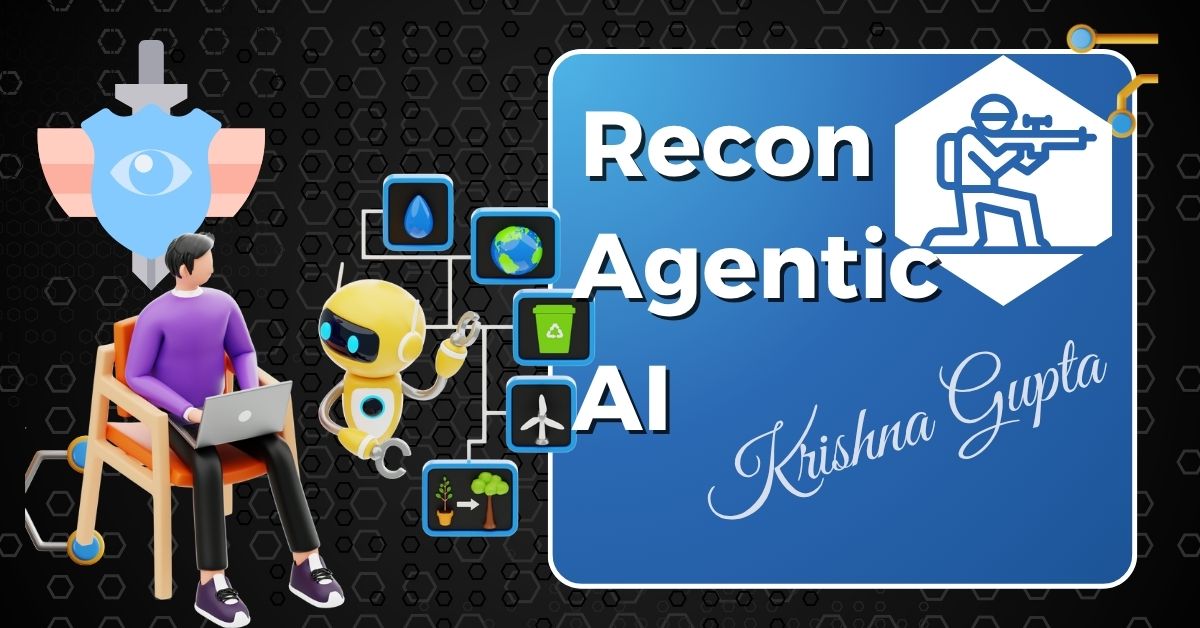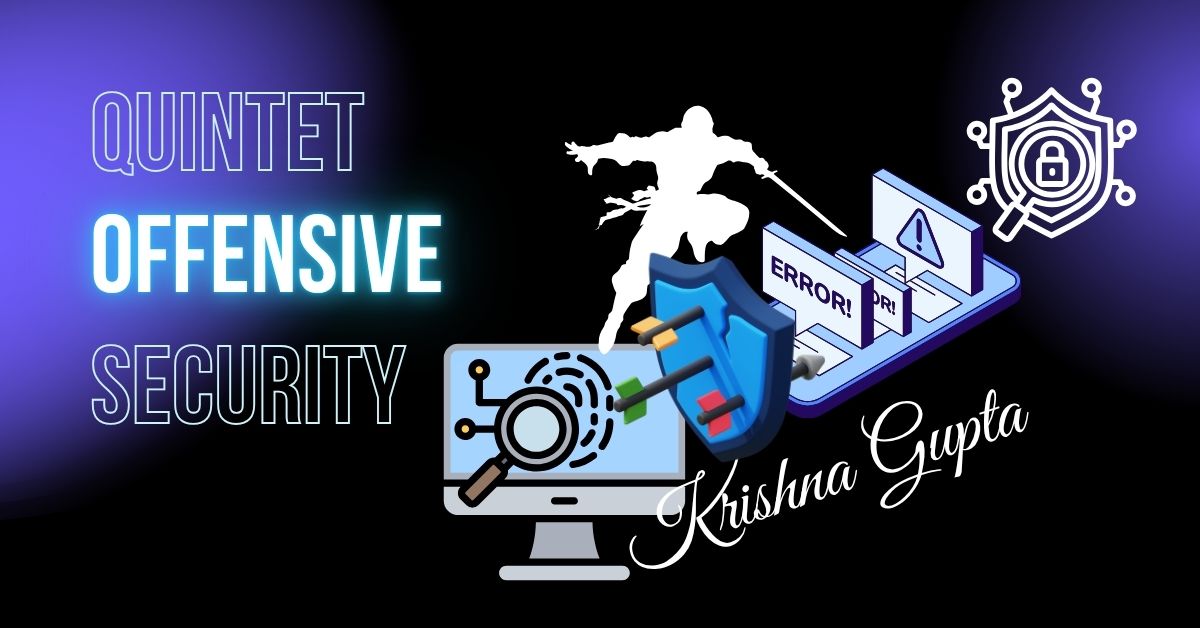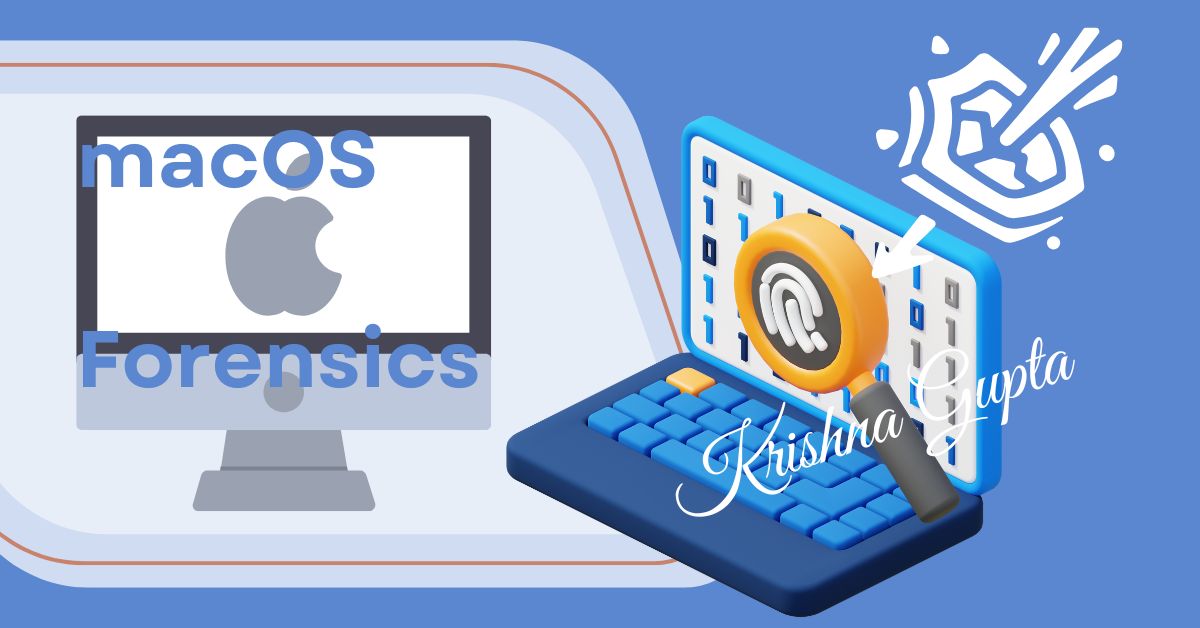Agentic AI in Recon: The Future of Strategic VAPT for C-Suite Decision-Makers
Agentic AI in Recon: The Future of Strategic VAPT for C-Suite Decision-Makers Executive Summary In a hyperconnected world dominated by relentless cyber threats, C-Suite executives can no longer afford to rely on traditional, reactive cybersecurity methods. Enter Agentic AI, a transformative approach to Artificial Intelligence, and its integration with Open-Source Intelligence (OSINT) in the domain …




